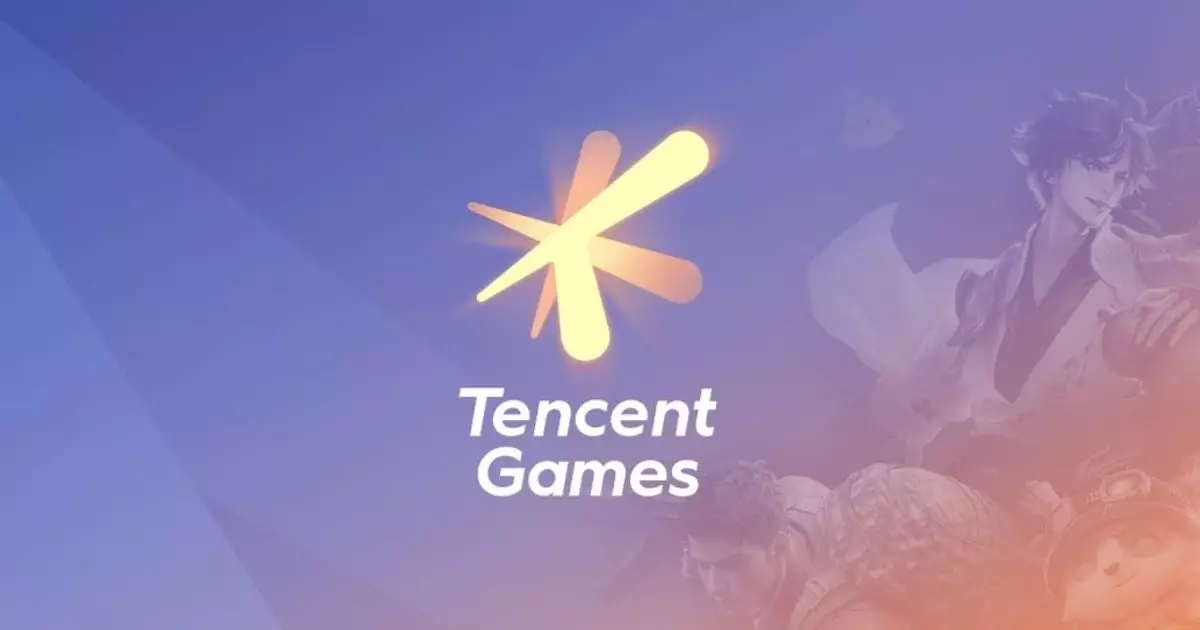The recent decision by the US federal government to designate Tencent, a leading Chinese video game publisher responsible for popular titles like League of Legends and Path of Exile, as a company linked to the Chinese military has ignited a significant debate. The listing ostensibly arises from concerns regarding how civilian technology firms might interact with military projects in China. As this issue evolves, Tencent’s response highlights the complex and often contentious intersection of technology, national security, and international relations.
The US government has articulated a strategy aimed at counteracting potential threats arising from the perceived integration of military and civilian sectors in China, often referred to as “military-civil fusion.” This policy reflects a broader apprehension about how technological advancements developed for commercial purposes might inadvertently bolster military capabilities. As such, companies like Tencent, which operate on a grand scale in the tech and entertainment industries, become subjects of scrutiny.
In response to the accusations, Tencent has characterized the listing as a fundamental misunderstanding, a standpoint echoed by its spokesperson. The company maintains that there is no credible evidence of its involvement with military initiatives. Yet, the situation reveals the delicate balance that international companies must navigate, particularly those operating within jurisdictions that maintain a strict separation between civilian and military domains.
Tencent’s chairman, Ma Huateng, alongside the company’s executive board, has expressed readiness to pursue legal avenues should this misunderstanding not be addressed. The company insists that their inclusion in the Chinese Military Company (CMC) List is both erroneous and damaging to their global reputation. Tencent’s strategy appears dual-tiered: firstly, they aim to engage in dialogue with the U.S. Department of Defense, and secondly, they signal an openness to litigation if necessary. This dual response underscores the seriousness with which Tencent regards both the implications of this designation and the protection of its international business interests.
Notably, Tencent’s statement clarifies that being on the CMC List does not directly affect business transactions outside the Department of Defense. This distinction is crucial, as it reassures investors and business partners that, for the most part, their operations will continue unhindered. However, the mention of legal action does highlight the extent of Tencent’s commitment to contest the designation and its potentially lasting fallout on business engagements.
Tencent’s situation is not unique in the context of the US-China trade and technology rivalry. Other companies, such as the drone manufacturer DJI and LiDAR technology producer Hesai Technologies, have faced similar designations from the US government and have initiated legal challenges. These precedents illustrate a growing trend among Chinese firms to contest U.S. policies that they perceive as unjustly punitive or based on flawed interpretations of their operations.
For many observers, this ongoing saga raises broader questions about the implications of government designations on international companies, especially in high-stakes technology sectors. As nations increasingly intertwine matters of national security with industry regulations, businesses face an uphill battle in managing perceptions and realities of their relationship with state mechanisms.
As Tencent embarks on what they term a “Reconsideration Process,” the outcome remains uncertain. Their decisiveness in challenging the U.S. federal government echoes the frustrations many international companies feel as parameters of engagement become ever more fraught with political implications. The dialogue between Tencent and the U.S. Department of Defense will be critical in determining whether this designation will either hold firm or be overturned in light of the company’s attempts to clarify its standing.
The implications of this situation extend beyond mere corporate branding; they reflect the broader geopolitical tensions shaping the landscape of global technology. As nations vie for dominance and technological supremacy, the lines between civilian and military advancements become increasingly blurred, with companies like Tencent caught in the crossfire. How this scenario plays out could either reinforce or challenge existing narratives surrounding international business, technology, and state relationships moving forward.

